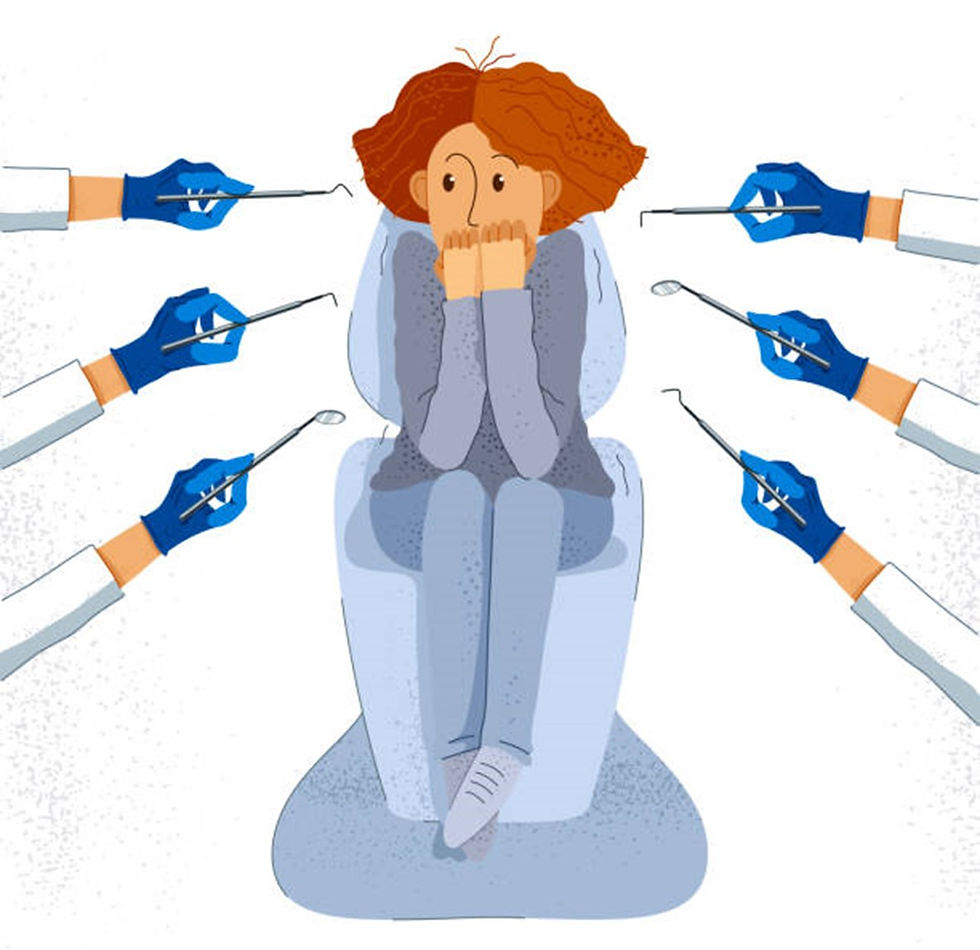Is Instagram affecting your mental health?
- alisongoolnik
- Jan 31, 2024
- 3 min read

Do you check your Instagram as soon as you wake up in the morning? Do you feel compelled to see how many likes or comments your post has received? Do you find yourself scrolling for hours through reels and stories? I wonder if you have ever stopped for a moment and reflected how all this browsing is affecting you?
Instagram is a social media platform that focuses on imaged based content such as photos and videos. It has become one of the most popular social networking platforms (particularly with young adults) and is used by many for work and/or social. As much as it may be fun, used for social networking or to help grow your business, studies have shown that Instagram has the most negative impact on young people’s mental wellbeing out of all the social media networks (The Royal Society for Public Health, 2017) and that Instagram addiction is linked with a negative effect on mental health (The European Public Health Association, 2023).
Instagram has an endless feed of new content to read and scroll through which can become addictive and it is hard to not compare yourself with what you see. Comparing popularity, professional or social status, body image or appearance can affect your self-esteem, increase anxiety and cause depression and body dissatisfaction. Perhaps the images you are looking at are filtered, giving you a distorted view of reality, but you are believing them. Depending how you use Instagram, prolonged and regular use of it can negatively affect your mental health and well-being.
So here are some helpful tips to help you reduce the negative impact of Instagram on your mental health:
1. Minimise your Instagram time. Too much time spent on Instagram can negatively affect your mood and increase anxiety so try to limit your daily usage by turning off notifications, put it on silent or have ‘no phone’ periods during the day. Studies have shown that having a week off from Instagram will improve your well-being (University of Bath, 2022).
2. Be in the present. Instagram can be used as an escape from reality. A study has shown that for some, watching live streams and commenting on and liking other's posts, can be associated with a feeling of escapism (Kircaburun & Griffiths, 2018). If this is the case for you, acknowledge this, switch off Instagram or your phone and bring yourself back into the present and engage in what is around you whether it is with people or nature. Go for a walk, do some exercise, find an alternative activity or hobby.
3. Take control of what you use it for. Unfollow users whose content makes you feel worse about yourself and that is fuelling comparisons, fear of missing out and body image worries. Instead follow those that inspire and are real and share positive content.
4. Avoid comparing yourself to others. Remind yourself that Instagram feeds can be fake, people edit and filter images and information is not always true so try not compare your reality to someone else’s fabricated content as this can trigger anxiety. Focus on how best to help yourself rather than how you compare to others.
5. Recharge your mood. Turn off your phone at least an hour before you go to bed and try not to check your Instagram as soon as you wake up. Feeling well-rested will improve your mood and starting the day with a positive morning routine rather than an anxious hit will have a positive effect on your daily well-being.
6. Make time in your day for real life connections. Connect with friends, family and work colleagues. Build up these relationships in person as they will positively impact your mental health. A catch-up, telephone call, coffee etc with another person will boost your mood.
7. Be you. If you are posting images and stories about yourself on Instagram, be yourself rather than a filtered unrealistic version. Be authentic and proud of who you are. This will encourage other users to do the same.
8. Be kind to yourself. Acknowledge to yourself if using Instagram is affecting your well-being and prioritise self-care instead. Delete the app if necessary. Focus on yourself rather than your phone; a daily dose of self-care can work wonders. Be kind to yourself and stop or reduce using Instagram if it is negatively affecting you.
9. Get professional support. If you are struggling with the effects of Instagram on your mental health, reach out for help. It is important to not suffer alone and get overwhelmed by how you are feeling. Remember that asking for help is a sign of strength and courage.
For further help and coping strategies, please click here to arrange an initial FREE 15-minute telephone call with me or e-mail directly alison@therapyhere.co.uk.




Comments